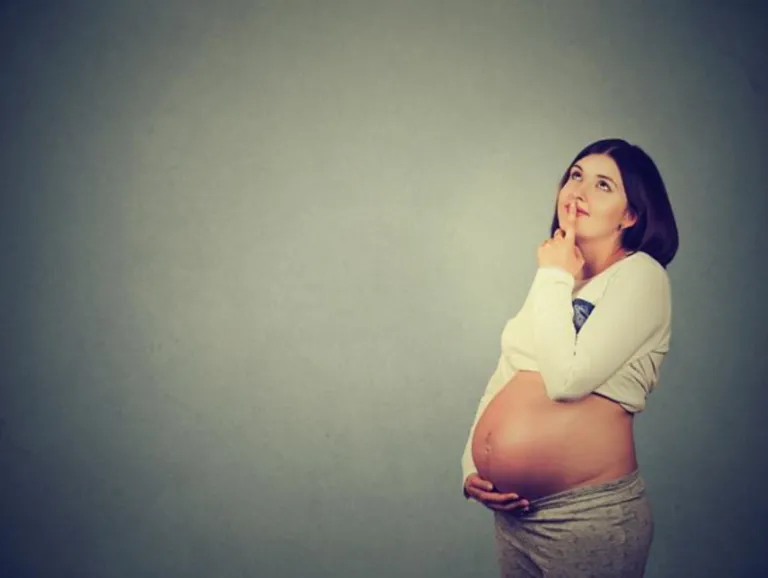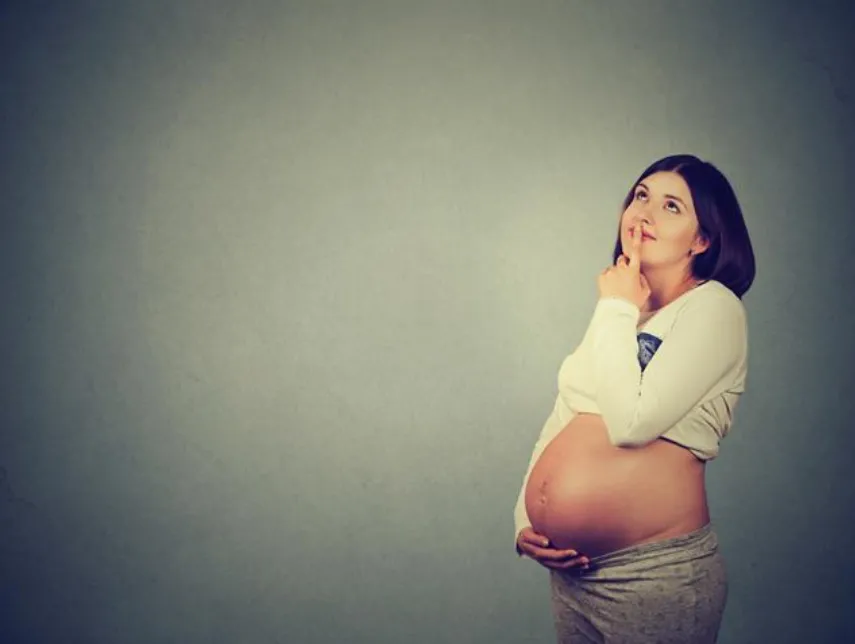Shortness of breath is a subjective symptom that cannot be objectively assessed by tests or scales. Nevertheless, it can make a pregnant woman's everyday life very unpleasant. The causes of shortness of breath in pregnancy can be many. Learn which are the most common and what helps with shortness of breath in pregnancy.
Symptoms of shortness of breath in pregnancy
Each of us can experience shortness of breath in different ways. For this reason, doctors usually refer to it as a subjective symptom. Of course, even severe dyspnea can cause a drop in saturation, but it is usually a symptom that the doctor cannot examine and only learns about when talking to the patient. In most cases, pregnant women report shortness of breath when they experience difficulty taking deep breaths, pressure on the diaphragm, or faster fatigue, and when they experience shortness of breath even when speaking.
Alarming symptoms of shortness of breath in pregnancy include accompanying chest pain or hemoptysis. This is because it can be a sign of pulmonary embolism, which has serious consequences and requires an immediate visit to the emergency room. The same is true if shortness of breath occurs after eating food or after an insect bite. It may be a symptom of allergy or even anaphylactic shock. Shortness of breath in the context of bronchial asthma also requires medical consultation.
Causes of shortness of breath in pregnancy
Up to 70% of pregnant women experience shortness of breath during the nine months. Most often, this symptom has nothing to do with physical activity. Shortness of breath during pregnancy can have various causes. Most of them have nothing to do with a serious disease, but are caused only by physiological changes in the body of the expectant mother. The feeling of shortness of breath during pregnancy is usually caused by a natural elevation of the diaphragm, which gives many expectant mothers the impression that they are finding it difficult to take a deep breath. In addition, shortness of breath during pregnancy can also be caused by the effect of the hormone progesterone, responsible for maintaining pregnancy, on the respiratory center, including accelerated breathing.
The feeling of shortness of breath may also be affected by emotions related to the impending birth. Stress can lead to accelerated and shallow breathing, which manifests itself in a feeling of breathlessness.
What helps with shortness of breath during pregnancy?
Some of the causes of shortness of breath in pregnancy are beyond our control. However, there are situations where real measures can be taken that will have the desired effect. The expectant mother can try to control her emotions, relax and practice calm breathing. Consciously controlling breathing can effectively reduce the feeling of breathlessness. Many mothers also enjoy the benefits of meditation or yoga classes.
Pregnant women also seek the help of physical therapists. In addition to training the pelvic floor muscles, the physical therapist can show how to breathe properly and relax the abdominal muscles, among other things.
However, if the shortness of breath is caused by a disease, such as COVID-19 or bronchial asthma, it is necessary to consult a doctor and sometimes pharmacological treatment.











